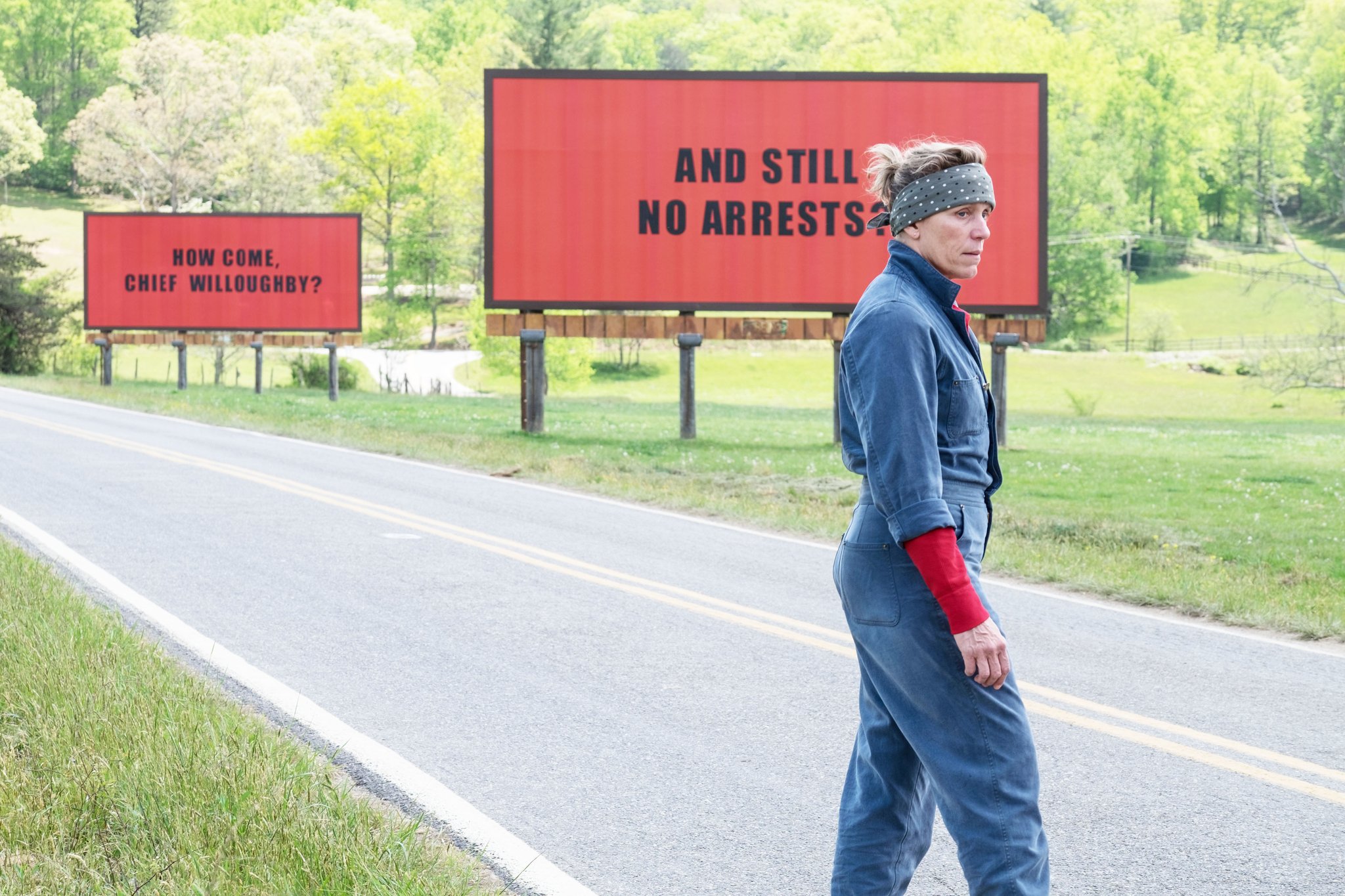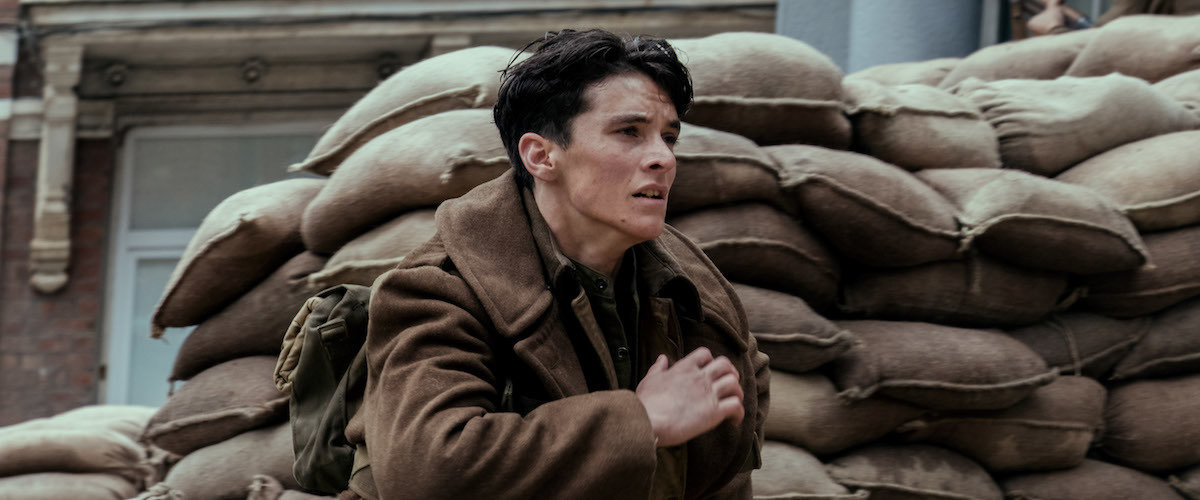Dinner with Oscar: Vice
/Vice is the latest-released film that was nominated for a Best Picture Academy Award. I saw it in theaters and, after thinking about what to say about it these past few weeks since the nominations were announced, here’s what I’ve come down to: I don’t think this movie should have been nominated for best picture or best director.
I think all nominations in the acting categories are well deserved. Christian Bale will almost certainly win disappearing into the role of Dick Cheney. I don’t think Sam Rockwell will or should defeat Mahershala Ali, but he was a thoroughly entertaining dunce as George W. Bush. Amy Adams was my favorite part of the film as Lynne Cheney (best supporting actress is an incredibly tough category this year but it would be really nice to see her win after six nominations). I haven’t seen either of the other two films nominated for hair and makeup (Border and Mary Queen of Scots) but Vice is an obvious candidate for that award.
I didn’t hate it, I just didn’t think it was a great film. Or even a very good film. It was an OK film.
I think part of the problem was the nontraditional character situation. Obviously, director Adam McKay was out to demonstrate a particular point: that this man, Dick Cheney, seized an unprecedented amount of power in the American political system and what he did with that power had drastically negative effects. This is not a sympathetic character. An interesting one, maybe, but not one that audiences are expected to like.
This can be done. There are plenty of well-done stories filled with thoroughly unlikable people, but this wasn’t one of them. It seemed to me that it couldn’t figure its own tone out.
I think the film does a great job with weaving together complicated political history and presenting it in a way that is not just comprehensible, but also entertaining (like McKay did with economic issues in The Big Short). But the contempt with which the characters are treated makes this film, for me, not compelling.
And I get it. I’m not defending Dick Cheney or anyone else in this film. It’s just that I think sometimes the film is confused about what it’s trying to say. It’s hard to tell a story about someone unlikable and get an audience involved in that story. It may be one of the hardest things to do in storytelling, and it was ambitious. But it often seemed jumbled: is the film trying to demonize him, or humanize him?
I suspect it was trying to present a picture of a human man doing what he thought was best, but where it fell flat was the film was also judging him out of the corner of its mouth at the same time. In that way, it wasn’t fairly presenting a picture to the audience and, as a viewer, I wasn’t sure how I was supposed to feel.
What to make: The only food I really remember being consumed in this movie is George W. Bush devouring what I think is fried chicken with gusto. I already recommended fried chicken (I just really like fried chicken, OK?). Apparently, before his first heart attack, Cheney ate a lot of donuts and no one would be mad at seeing donuts at a potluck spread. Also, he says his favorite food is spaghetti, which would be kind of a fun and unusual thing to bring to a party or an easy thing to make if you’re hosting an Oscars dinner party.
I also seem to remember him drinking a lot of scotch, or beer in the beginning. So you could also go in that direction. You have a lot of options here.




























